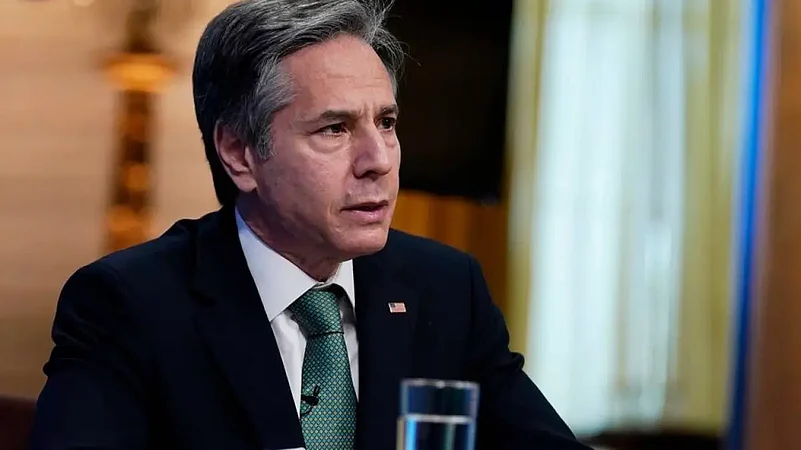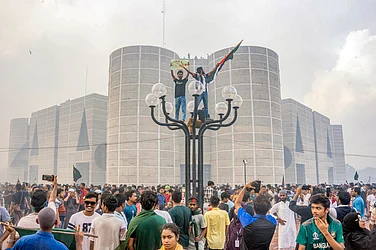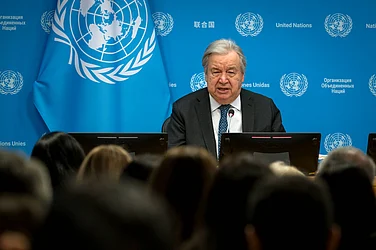US Secretary of State Antony Blinken continued his diplomatic efforts in the Middle East by visiting the occupied West Bank and meeting with Palestinian President Mahmoud Abbas. The visit took place under tight security and was unannounced until after Blinken had left the West Bank. Although there was no public comment after their meeting, it's not immediately clear whether the lack of words indicated the meeting went poorly, as reported by AP.
During the meeting, Blinken reaffirmed the US commitment to delivering humanitarian assistance and resuming essential services in Gaza while emphasizing that Palestinians must not be forcibly displaced. The discussions also covered the need to stop extremist violence against Palestinians in the West Bank, particularly by Israeli settlers.
Blinken's visit to Abbas comes as part of his ongoing Middle East tour, which began following the Israel-Hamas war that started on October 7. He previously met with Israeli Prime Minister Benjamin Netanyahu and held discussions with senior Arab officials in Jordan.
Blinken has expressed US support for Israel's right to defend itself but has also stressed the importance of adhering to the laws of war, protecting civilians, and increasing humanitarian aid supplies to Gaza. He has proposed temporary humanitarian pauses in fighting as a means of achieving these objectives, although Israel has not yet agreed to this approach.
The US has refrained from pushing for an immediate cease-fire, with Blinken arguing that it would leave Hamas in place to regroup. Arab foreign ministers have also called for a cease-fire, but Blinken emphasized the need for humanitarian pauses while still enabling Israel to pursue its objective of defeating Hamas.
Discussions about Gaza's postwar future are in the early stages, with a focus on stopping the violence and ensuring steady humanitarian aid. Arab states have resisted a larger role in resolving the crisis, placing responsibility on Israel for the civilian toll.


























